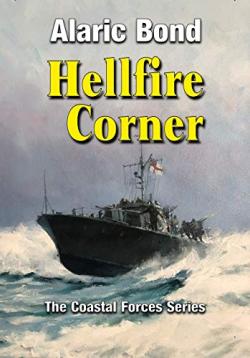 The Strait of Dover, only 18 nautical miles wide between Britain and France, dividing the English Channel from the North Sea, is one of the world’s busiest seaways. While requiring careful navigation today, during World War II it was a very treacherous stretch of water indeed. German and British artillery on either shore pounded coastal towns and military bases, as well as ships passing through the strait. Fighter planes filled the skies and high-speed gunboats from both sides dashed across the waters, either attacking or defending convoys. The narrow strait was also a likely German invasion route into England. The town of Dover and the nearby waters quickly earned the nickname of Hellfire Corner.
The Strait of Dover, only 18 nautical miles wide between Britain and France, dividing the English Channel from the North Sea, is one of the world’s busiest seaways. While requiring careful navigation today, during World War II it was a very treacherous stretch of water indeed. German and British artillery on either shore pounded coastal towns and military bases, as well as ships passing through the strait. Fighter planes filled the skies and high-speed gunboats from both sides dashed across the waters, either attacking or defending convoys. The narrow strait was also a likely German invasion route into England. The town of Dover and the nearby waters quickly earned the nickname of Hellfire Corner.
This is the setting for Alaric Bond‘s latest novel, Hellfire Corner, which follows the officers and crew of a motor gunboat based in Dover in 1941. Bond, best known for his Fighting Sail series, brings to life the often-overlooked history of the British Coastal Forces in the darkest days of the Second World War. Manned by volunteers with a mix of old-time Royal Navy and reserve officers, the Coastal Force was made up of fast, heavily armed but lightly built wooden gasoline-powered motor gunboats and motor torpedo boats.
Continue reading →

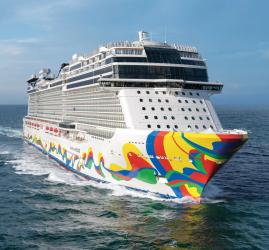 The press release from the
The press release from the 
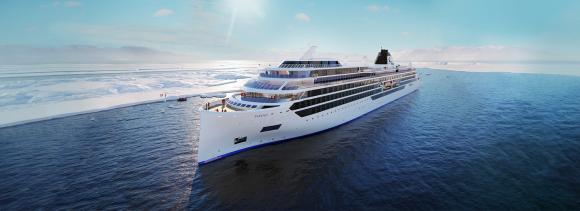

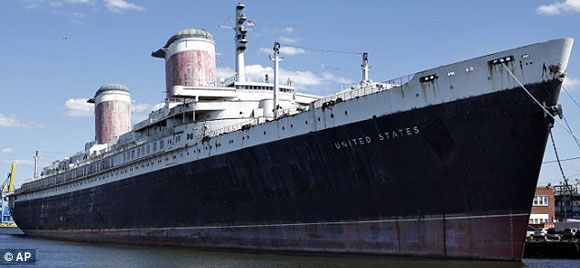 The once-grand passenger liner
The once-grand passenger liner 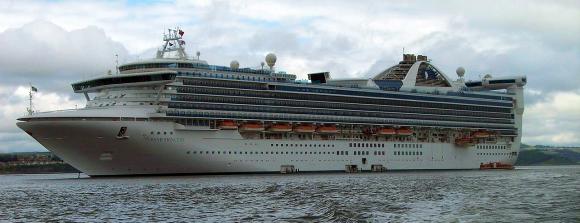 Will the coronavirus cripple the cruise industry? With 278 ships in service and 19 scheduled to be delivered in 2020, the
Will the coronavirus cripple the cruise industry? With 278 ships in service and 19 scheduled to be delivered in 2020, the 
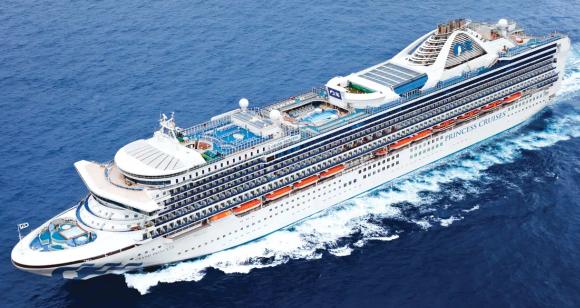 In a press conference yesterday,
In a press conference yesterday,  British researchers have discovered a new species of amphipod. The team from
British researchers have discovered a new species of amphipod. The team from 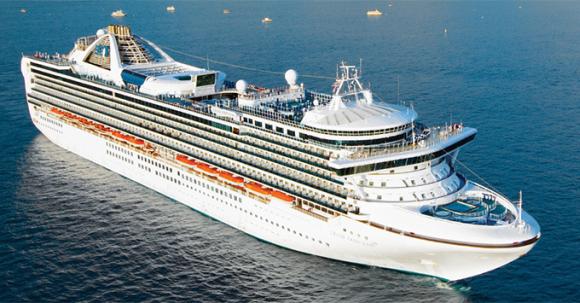 Yogi Berra is alleged to have said, “It’s like déjà vu all over again.” News of another cruise ship in limbo over the coronavirus feels that way.
Yogi Berra is alleged to have said, “It’s like déjà vu all over again.” News of another cruise ship in limbo over the coronavirus feels that way. 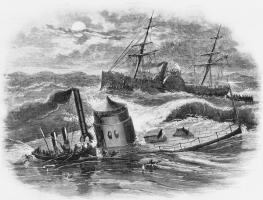 On New Year’s Eve, 1862,
On New Year’s Eve, 1862, 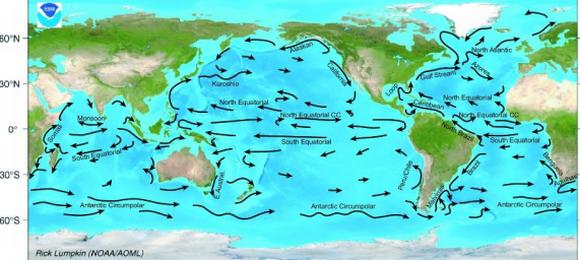 Climate change is affecting the oceans in a wide variety of ways. Oceans are warming and acidifying as temperatures rise and CO2 increases. Sea levels are rising as polar ice caps melt. Recently a study suggests that ocean currents have been accelerating, driven by rising wind speeds.
Climate change is affecting the oceans in a wide variety of ways. Oceans are warming and acidifying as temperatures rise and CO2 increases. Sea levels are rising as polar ice caps melt. Recently a study suggests that ocean currents have been accelerating, driven by rising wind speeds.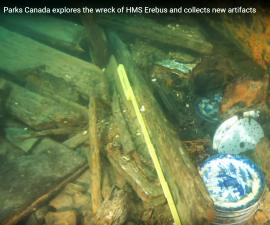 Artifacts recovered during 93 dives by Parks Canada on the wreck of
Artifacts recovered during 93 dives by Parks Canada on the wreck of 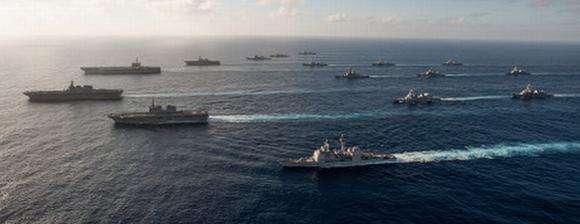


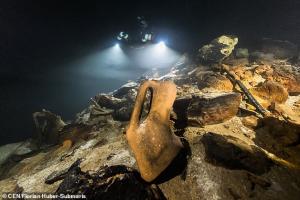 Over the years, we have posted about the “
Over the years, we have posted about the “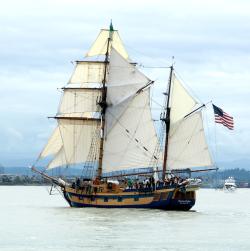 For several years now, the
For several years now, the